The Posts that Define my Channel
Hi Everyone,
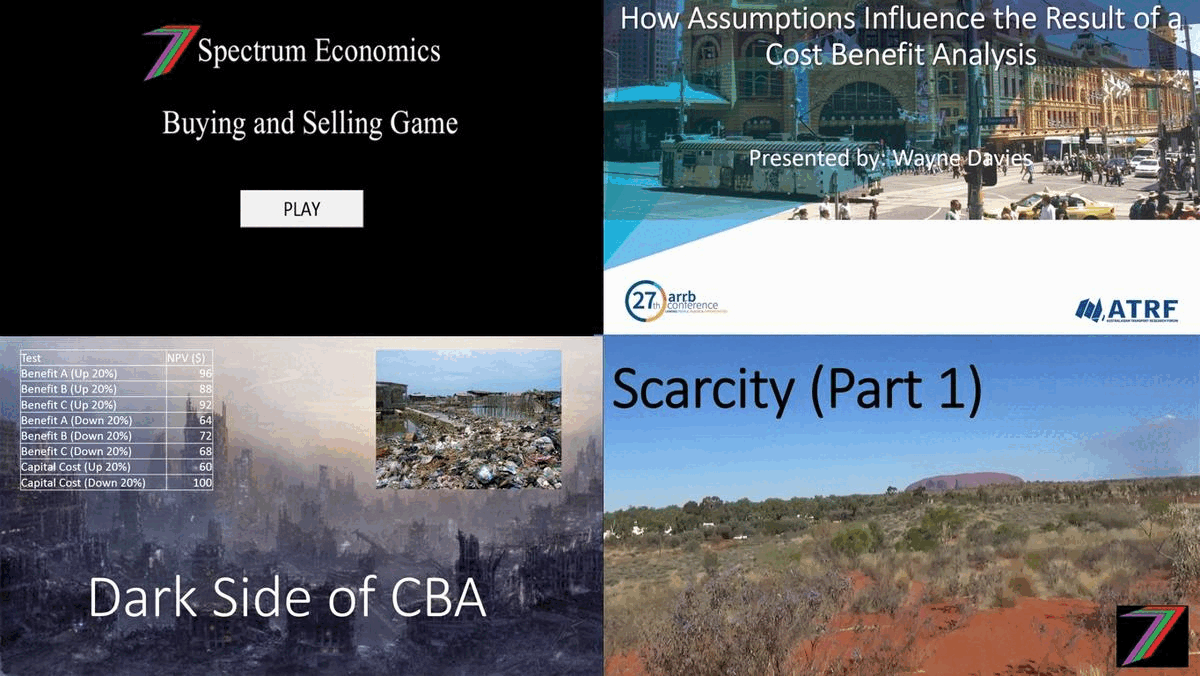
In June 2023, I would have been on the Hive (originally Steem) Blockchain for 6 years. I am closing in on almost 1,000 posts (840+ at the time of posting). I have written about a lot of things and made quite a few videos as well. I have written about a wide range of topics relating to economics. In my first few years, I was focused more on theory and in recent years more on the application of concepts. I regularly post contests, I currently have a monthly contest and I post one every week for the 7 Week Challenge Series. I use the Actifit Posts to recap on my most recent posts, to share some of my opinions and as a diary for my weekly activities both on and off the chain.
In this collection post, I want to highlight some of my most defining posts from the past 5 to 6 years. I consider these posts significant as they greatly contributed to defining me as an economist, a blogger, and even a person. These posts span across my entire time on the platform and some of them had their roots before I became a regular Hive Blogger. These posts include knowledge I have brought with me from my days working in the Queensland Government, information I have obtained from my own research, theories I have developed to explain the world we live in or how we could improve it, and turning points that altered my direction and perspectives. I have provided a brief description of each post, have a scroll down, you might find something that will stand out to you.
How the results of a cost benefit analysis (CBA) are influenced by assumptions
For about 9 years, I conducted Cost Benefit Analysis (CBA) for road and transport projects for the Queensland Government. I had become frustrated with how CBA was used to evaluate projects. My grievances around the process had been contained by middle management. I was not allowed to move my concerns up the chain myself. I believed these concerns needed to be given more exposure. I choose to write a paper for presentation at the ARRB Conference (prominent transport conference in Australia). In the paper and presentation, I discussed how assumptions influence the results of a CBA. Indirectly, I revealed many of the tricks being used to make Government projects look better so that they can justify spending more money on them. The post contains a video of the content of my presentation that I recorded a year later.
Cost Benefit Analysis (Part 1) - Dark Side of Economics
In 2017, I left the Queensland Government to start up my own business. This gave me the opportunity to speak more freely about the manipulation of analysis to justify many of the most expensive Government projects. In Part One, the areas I discussed were the base case, assumptions, exaggeration of future growth, insufficient citing of sources, long evaluation periods, effort used to find benefits rather than costs, and qualitative discussions around benefits and not costs.
Cost Benefit Analysis (Part 2) - Dark Side of Economics
In Part Two, the areas I discussed were the lack of detailed options analysis, selection of modelling or models that produce the best results rather than the most accurate results, exclusion of negative effects on the network, lack of inclusion of negative externalities brought about by the project, the use of generic sensitivity tests, and the exclusion of private sector construction profits from analysis. Both Parts One and Two contain a video explaining all of the main points.
Scarcity (Part 1)
Scarcity is treated as one of the most fundamental problems economists are supposed to analysis, manage and mitigate. I wrote a five part series followed up with a five part video series discussing the types and nature of scarcity. In Part One, I introduce scarcity and start to challenge its existence and extent.
Scarcity (Part 2) - Natural or Contrived
In Part Two, I discuss two types of scarcity; natural and contrived. Natural scarcity occurs because of a genuine shortage. Contrived scarcity occurs because supply is being controlled. The post explains how both Governments and the private sector (big business) control supply to force people to compete for it. Scarcity is essentially caused by greed rather than nature.
Scarcity (Part 3) - Meat and Dairy Land Use
In Part Three, I introduce factors of production (Land, Labour, Capital, and Entrepreneurship) and how they relate to scarcity. Part Three is entirely focused on land. Many aspects of land is finite. Therefore, elements of it can be the described as scare. However, land has been made unnecessarily scarce by the way it is used. The post focuses on the extent of land used for rearing animals who are eventually killed and used to make animal products.
Scarcity (Part 4) - Labour, Capital, and Entrepreneurship
In Part Four, I discuss the remaining three factors of production. There are problems of scarcity for these factors of production but this scarcity is contrived and not occurring because of genuine shortages. Companies prefer higher working hours and less workers to force wages down. They prefer working hours over investment because of the low wages; therefore, causing a shortage of capital. Governments and Big Business work together to create barriers to entry and regulation to prevent small business succeeding; this creates a shortage of entrepreneurs.
Scarcity (Part 5) - Possible Solutions
In Part Five, I summarise the previous four parts. I conclude the series by discussing things we can do to reduce contrived scarcity. These involve acquiring information and knowledge, activism, non-conformism, and patience and persistence.
Don't Let Greed Destroy Steemit
When I first started posting on Steemit in 2017, I did not know much about the Steem blockchain. Steemit was the blogging platform and Steem was the currency we were rewarded in. I did not know much about how the system worked. Much of what I thought related to Steemit more accurately related to Steem. After about six months of posting, I began to discover how people were exploiting the system by excessively self-voting their comments. It was very disheartening considering how Steemit seemed like such a great thing. I responded by posting about what I had discovered and I evenly briefly described what I though was a good solution. I promoted the post to the front page of Steemit by buying votes from the bidbots. The post received the most comments of any post on that day (555). Most of the comments were very positive and praised me for information I had shared. One whale account gave me a very large downvote and then upvoted all of his or her comments to the maximum. These actions provided the perfect example of what I was describing in the post. In hindsight, the brief solution was a little naïve. Over the next six months I spent quite a bit of time learning much more about the Steem Blockchain.
Steemit explained by an economist
About six months later (altogether about a year on Steem), I followed up the ‘Greed on Steemit post’ with a post about Steem and Steemit. At this point, I was far more informed about how the blockchain operated. I wrote a post describing Steem and how it operated and the various types of people who use Steem and how they used it. I supported the post with an almost hour long video. This marked the beginning of my work describing and explaining various aspects of the Steem Blockchain. I eventually started a course on Udemy explaining in detail everything a new user on Steem needed to know to make the most of their experience using the blockchain.
Buying and Selling Game Model
Contests are an important part of my content on Hive. In 2017, I started with puzzle contests. A few months later, I also started running meme contests. The contests were quite successful but they were not quite aligned with the main theme of my channel, economics. In 2018, I began the Buying and Selling Game contest series. It went for a short time as I could not afford to give out sufficiently high rewards. A few years later, after I had powered up my account/s, it returned as a regular part of my channel. The series contests ran until the end of 2022. It has now been replaced by an Economics Series containing 10 unique contests, all of these are related directly or indirectly to economics.
The Two-Party Political System - The dictatorship we didn't know we had
My interest in western political systems grew. It seemed like everything in the political system that I encountered presented the same problem of trapping people between two political parties and/or two political ideologies (left and right). I explored how political systems in the western world operated. I began with Australia as I was living there at the time. I went onto explore both the UK and the US political systems. They faced almost the exact same problems. It does not matter who you vote for, you end up with the same thing eventually. Hence, voting in these current systems is a waste of time.
Raise your hand if you live in a Democracy
I continued to explore the topic of democracy. I looked at how democracy was being applied in western countries. My main focus was Australia as I still lived there at the time. I considered how the application of democracy addressed five areas. These were strong and unbiased media, many alternate opposition parties or representatives with a wide variety of perspectives, open and transparent decision-making, separation of powers (e.g. Independent Judiciary system), and frequent and open debate over all relevant issues. Sadly, western democracies appear to fall short in all the above areas.
Exploring the Political Spectrum (Octagon Model)
The political spectrum is artificially portrayed along a one dimensional spectrum of Left to Right. Therefore, people’s political views are assumed to fall somewhere along this one dimensional spectrum. The political parties and media have been allowed to define what is meant by Left and Right political views. These views have changed considerably over time. It is just assumed people’s views will just continue to align with whatever their preferred party promotes. To gain a better understanding of our political views we need to break them down into more definable areas. In the post, I proposed a three dimensional (3D) spectrum model. Political views to be expressed across three axes. In the post, I used Individualism vs. Collectivism, Globalism vs. Nationalism, and Order vs. Freedom. These are displayed in an Octagon Model. This enables people to place their political views in this model along any of the three described axes. Even this more sophisticated model does not cover the full range of political views but enables people to more accurately describe them.
The Mortgage Slave
The Mortgage Slave and the update in the video took an in-depth look at how we are being controlled by debt; the biggest and most significant debt being the mortgage. The house price to income ratio has been consistently increasing for most western countries since the early 1980s. Shortage of housing and residential land plus greatly reduced down payments, in percentage terms, has kept the pressure on house prices to continue to increase. People are forced to work extra hours and even get second jobs to be able to continue making payments. Increasing house prices benefits people who have multiple properties (fully owned or funded), Government, and banks.
Trade, money, debt, waste, and power
This post is not particularly revolutionary but tells a necessary story of how trade has evolved during our existence and how we got to where we are today. It begins with people doing things for themselves, takes us on journey of providing goods and services for others, the use of a medium exchange, the degradation of this medium of exchange to fiat currency, and the eventual arrival of cryptocurrency. It describes how powerful people have taken control over money; hence, taken control over trade. It explains my growing affinity to cryptocurrency.
Prevent, Solve, or Manage
Tackling problems is an essential part of economics. Prevent, Solve, or Manage is a very simple but not widely discussed approach to problems. Problems can be confronted in three ways. They can be prevented from happening in the first place, solved when they do occur, and if they cannot be solved they can be managed. The post considers various other elements in decision-making such as risk, cost, and ability to predict events. This post set the approach for a long series of posts that described how Prevent, Solve, or Manage can be applied to many areas. This post also provided a Segue into my blockchain governance posts.
Quality of Life as Quality of Time
The most precious thing we have is time. Our lives gain value based on what we do with that time. Accumulating wealth means very little if that wealth is not contributing to the quality of our time. The post explores how we can gain value from balancing our time between activities that earn money as well as the activities we enjoy the most. The post provided the ideas and motivation for my work on Social Economic Utility Analysis (model and algorithms).
Technology - Curse or blessing?
I am a big fan of technology. It can make work more efficient and can improve the quality of our lives. However, many people are sceptical about technology. It poses a threat to their jobs and can be used to cause suffering. It is not technology itself that is good or bad but whoever drives its development and implementation. Technology is developed out of someone’s self-interest. That self-interest can benefit most of us or just some of us and it can even harm others. Development of technology needs to be motivated by good intentions. The rewards from technology need to be fairly distributed to all those that contributed to its effective use (e.g. the investors, the inventors, those operating the technology, and the customers who buy goods and services supported by the technology). A fair distribution cannot be enforced. It needs to be determined through unbiased competition.
Cruelty-free Economics - Valuing Life (Third Revision (Part 1)
People assign value to things based on their perspective. This approach has been applied to other species of animals. Other species of animals are considered as property. My argument has been consistently that animals should not be considered as property. They have value in their own right. My problem has been determining and understanding this value. I tried in several of my earlier videos and posts to determine this value. I have focused on value of statistical life studies in regards to humans, intelligence using the Encephalization Quotient, and life expectancy. In additional to determining a direct value of life, I also explored value in regards to the broader ecosystem. The Valuing of life series was divided into four parts. Part One is the most important as it introduces the key themes for the series. The remaining three parts focus on just one aspect. Part Two discusses value of human life, Part Three discusses the value of other species life, and Part Four discusses value from the perspective of the whole ecosystem.
Two things that could change the world
If we want to change the world or at least contribute to that change we need to begin with ourselves. In the post, I discuss two areas that are important to me and can contribute to changing the world. The first area is veganism. I am vegan but I typically refer to myself as having a plant-based diet and cruelty minimal lifestyle (more accurately replacing cruelty-free as a more realistic goal). This lifestyle can directly make the world a better place. It contributes to sparing the lives of animals as well as reduces cruelty to them. It benefits the environment as well. The second area is blockchain. We are controlled with our own money but we do not have to be. Using cryptocurrency can enable us to break from the centralised banking system. Blockchain does not stop with just monetary freedom. It can enable broad and efficient decentralised governance. Many of the oppressive systems we have today can be replaced with blockchain enabled systems where decision-making can come from and be enabled by anyone.
Power, Money, and Me Me Me
Power, Money, and Me Me Me is my most referenced post. It explores human nature and rationality. It explores self-interest. It looks at how self-interest can be beneficial to most around us and it also looks at how self-interest can be very detrimental to most around us. It is the ultimate double-edged sword. It is such an important post as it discusses people’s struggle to understand their own self-centred perspective. Once we understand our own self-centred nature, we are better positioned to understand how the world operates and how it has become this way. The post also explores the relationship between wealth accumulation and power; this is one of the reasons this post becomes such an important reference for my later posts. The post was later followed up with a video with the same name.
My Religion: A Mixture of Gnostic Christianity and Personal Pursuit of Knowledge
I occasionally post about my background and some of my personal beliefs. I believe this is important as it reveals more about myself as well as my influences and motivation. Our own journey greatly affects our perceptions of the world around us. These perceptions influences our opinions and our actions. They can make us more informed they can also make us more biased. In the post, I shared my beliefs in the context of religion. This post standards out more than most of my other posts as it explores my belief system as well as my motivations for seeking knowledge.
Covid-19 Crimes and Vaccine Fraud
I dedicated about 20 posts to Covid-19. It was the biggest event/catastrophe/fiasco of this century so far. I starting writing about it in April 2020. At that point, very little reliable information was available about Covid-19. Most of what was being reported was false. Even in my earlier posts, I was very sceptical about the actions being taken as well as the data reported. My first Covid-19 series of posts was mostly focused on the harm that actions taken by the Government could cause. Many of the predictions I made in these early posts understated the harm that was to follow. My most significant contribution to the Covid-19 series was the outlining of the crimes committed against the people during this period. The most significant crime being the Covid-19 jabs (formerly referred to as the Covid-19 vaccines). The experimental jabs were failed vaccines that have been proven to be dangerous as well. The full impact of these jabs will be felt for years. What is just as disturbing is the extent of the propaganda and lies about Covid-19 and the jabs. The number of top Government officials, scientists, and people in media responsible for spreading the lies is shocking. None of them have faced any serious repercussions for their actions yet.
Is Socialism being used as a path to Fascism?
The political parties that identify as left-wing are promoting the expansion of Government. They are creating the impression they support socialism even if they do not openly admit it. The ideologies they push are easy to sell to the majority of people. We live in a world with massive inequalities. The rich are getting richer and everyone else for the most part are gaining very little affluence. Promoting greater equality in all areas sounds very appealing to the majority who are getting left behind. The proposed method of doing this is through redistribution of wealth from the richest to the poorest. The easiest way to do that is through a bigger Government. Large Government is not solely a feature of socialism, it is a feature of any Government that desires to control over its people. Once they have control over the people, it is very hard to take it back. What may have begun as socialist ideology can easily be transformed into fascism; it has happened before. The post explains how this is currently occurring.
Oligopoly - The market structure that does not let the market decide
Capitalism is often criticised for creating and widening inequality. The owners of capital are over compensated and the rest of us are trapped at the same or declining standard of living. This happens because markets are dominated by a few very large businesses. Lack of competition between businesses protects the profits of the few. This is desirable for the biggest businesses and Government. The businesses are motivated by profits and Governments are motivated by direct access to a few business leaders who are able to benefit their careers far more than millions of small business owners. Big business can maintain the support of the Government as they are able to influence the popularity of politicians. The real criticism should be of crony capitalism and not free-market capitalism. Free markets encourage competition and can encourage cooperation. Competition prevents anyone getting too far ahead and cooperation enables firms to benefit from shared knowledge. Competition increases for hiring employees; therefore wages are more likely to increase with productivity. Employees also have greater input in the running of businesses because they would be smaller and they would be closer to the upper management and owners.
Controlled Opposition and Divide and Conquer
Misdirection is one of the most used tools by the Establishment to get whatever they want. We are distracted or focused on a couple of things while other far more significant things take place, which we are almost unaware of due to the distraction. The most common and apparently most effective methods are divide and conquer and controlled opposition. Political systems nearly always focus on pitting two opposing groups against each other. This is done through the two party systems as well as the dual ideology system of left vs. right. Selected views from one group are adamantly opposed by the other group (e.g. you are either with us or against us). This opposition is created and maintained through the use of controlled opposition. There are controlled opposition in the media and politics. They guide opinions in particular directions and put them in complete opposition to another alternative opinion that is being promoted by other controlled opposition or the Establishment itself.
The Power to Own
What do we really own? We may think we own our property, our personal belongings, and our money. In reality, most of us do not own as much as we believe we do. Ownership is made up of two important components; these are possession and control. If we own something, we possess it or have easy access to it. If we own something, we can use it as we please and whenever we want. When we apply these two concepts to what we consider our own property, we are likely to find on many occasions that we are lacking one and sometimes even both. The post considers ownership of property, money, more valuable possessions, and even ourselves. In 2016, the World Economic Forum outlined 8 predictions for 2030. One of those predictions was that we would own nothing and be happy. Many of us almost own nothing now but I doubt many of us are happy about it.
The Masters of Production
Who controls production? In a broad sense it is either the Government or the private sector. In reality, it is little more complicated. In an ideal world, the Government would represent the people and the private sector would be the people themselves acting through the markets. In the real world, the Government represent their own interests and the interests of those enabling them to stay in power and the private sector is dominated by a few large businesses controlled by a few people representing themselves. Governments are growing bigger but that does not mean the private sector is becoming smaller. Most large Governments outsource projects or buy directly from the private sector. Both groups tend to benefit from this arrangement (e.g. more power for the Government and higher profit and less competition for Big Business). The post looks at the size of Governments and how they spend the taxpayers’ money. The post also compares the dominance of Big Business for a large sample of countries around the world.
Being controlled with our own money
It is becoming more obvious that the few are controlling the many. Governments, Big Business, Banks, Religions, and mainstream and social media are either controlling us directly or strongly influencing us through the control of information. However, the most powerful control is being done with our own money. Governments, the biggest banks (commercial and central), and asset management companies control a huge proportion of global wealth. Government expenditure in many western countries is around 40% of GDP. The largest banks (top 50) control about a quarter of global wealth. The 10 largest asset management companies control about 10% of global wealth; the two largest, BlackRock and Vanguard, control about half of that wealth. This post truly demonstrates the absolute power of the few.
Freedom Based Economics
Freedom is a cornerstone of my belief system. I believe it is essential for enabling us to achieve the lives we want. Freedom does not begin as the easiest path. Instead, it offers opportunity that can be capitalised on through hard work and commitment to our goals. The post outlines the importance of freedom and explains how we can use our freedom to enable us to have the best life possible. The post discusses self-understanding, understanding our ecosystem, and understanding those in our ecosystem. It discusses the importance of both competition and cooperation. It discusses the importance of innovation and the drive for improvement. The post pulls everything together to explain how powerful our freedom can be if we are willing to make the most of it.
More posts

If you want to read any of my other posts, you can click on the links below. These links will lead you to posts containing my collection of works. These 'Collection of Works' posts have been updated to contain links to the Hive versions of my posts.
Hive: Future of Social Media
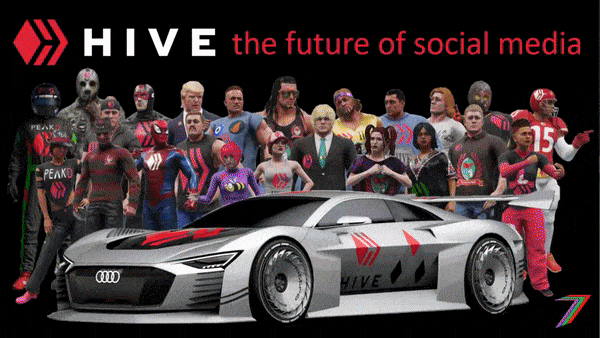
Spectrumecons on the Hive blockchain

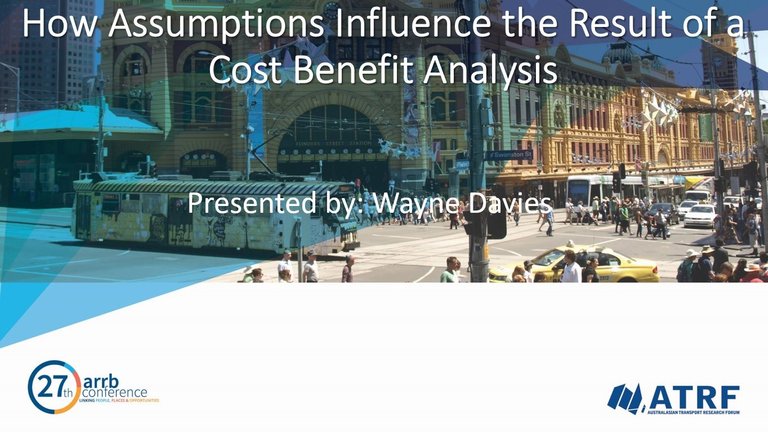
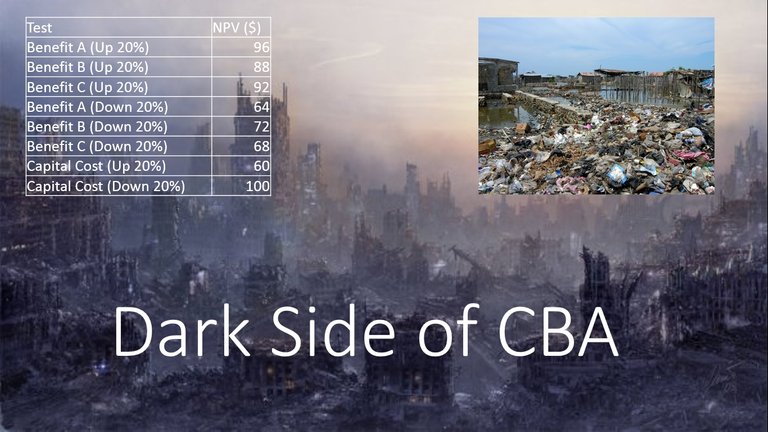
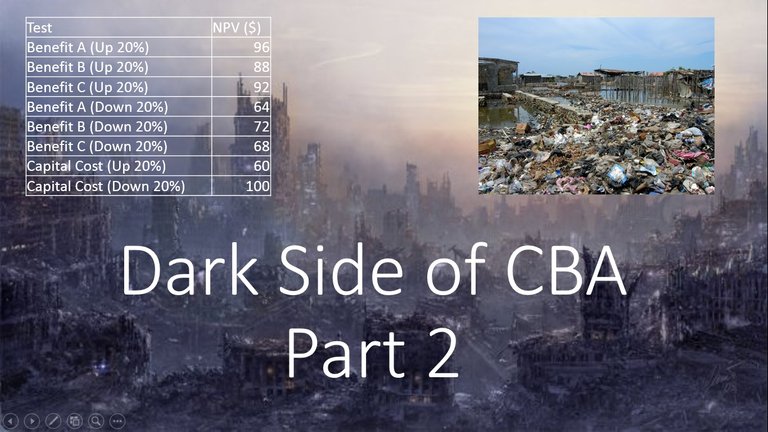

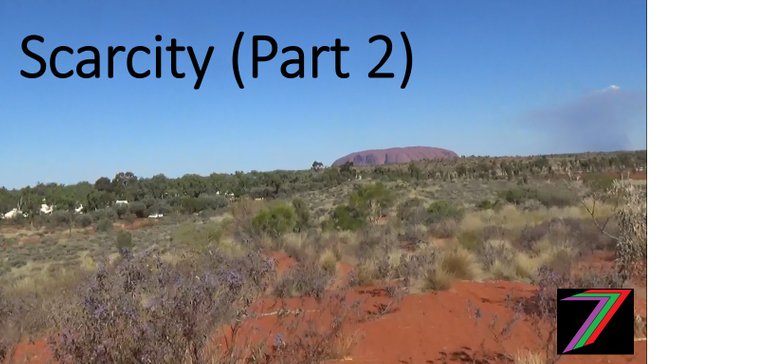
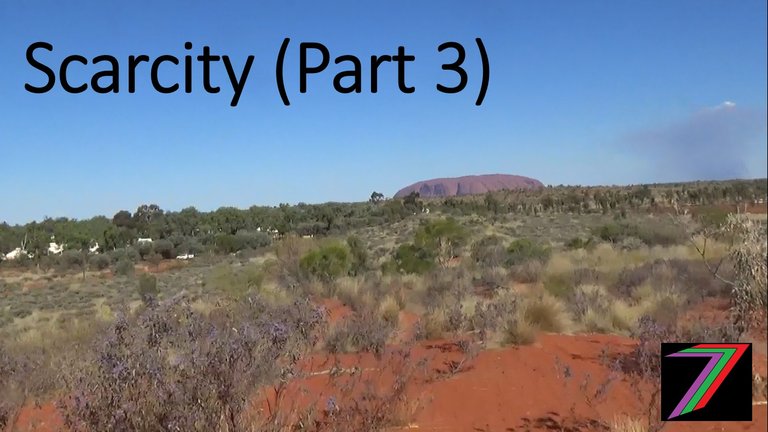
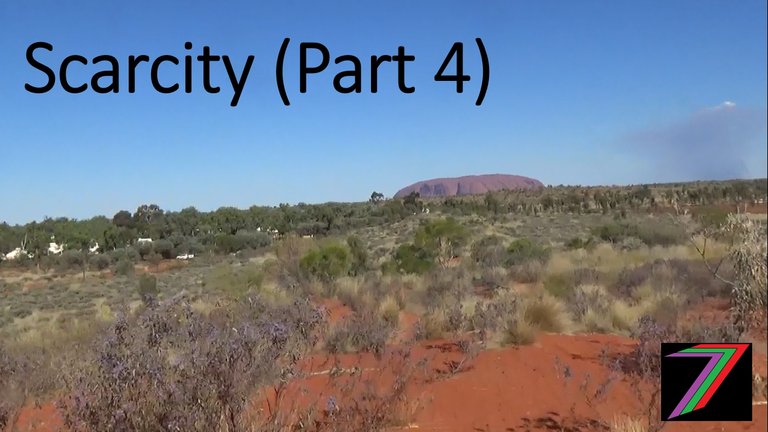
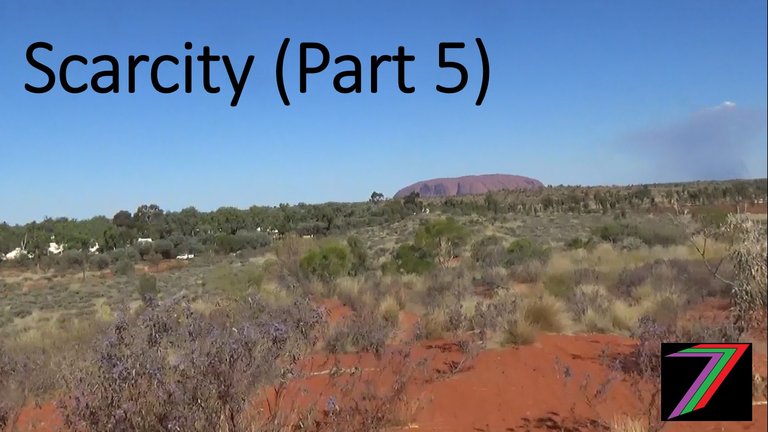
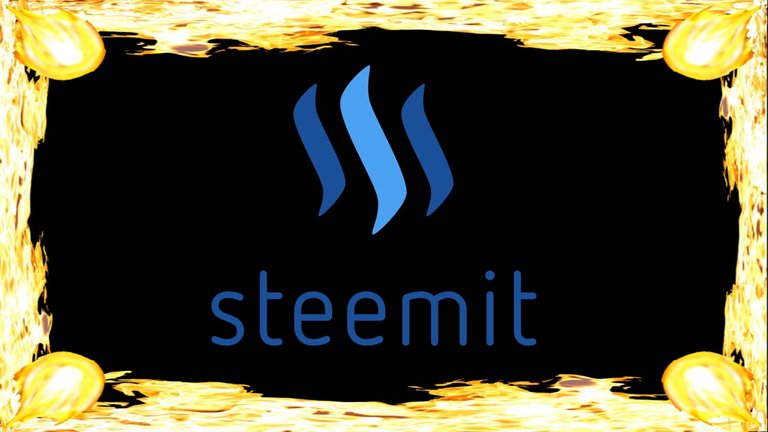
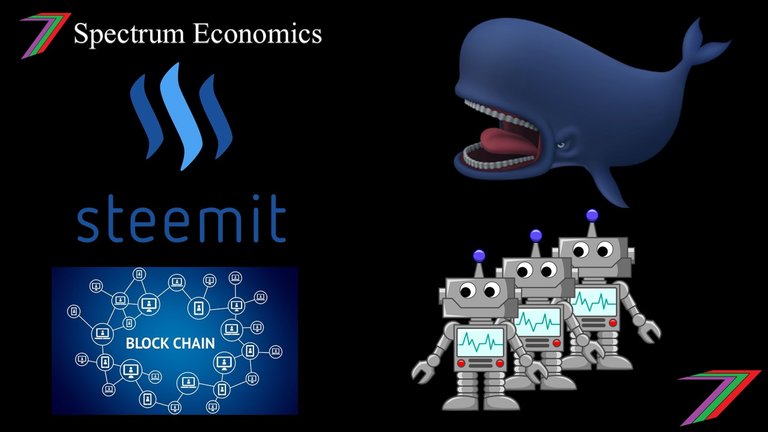
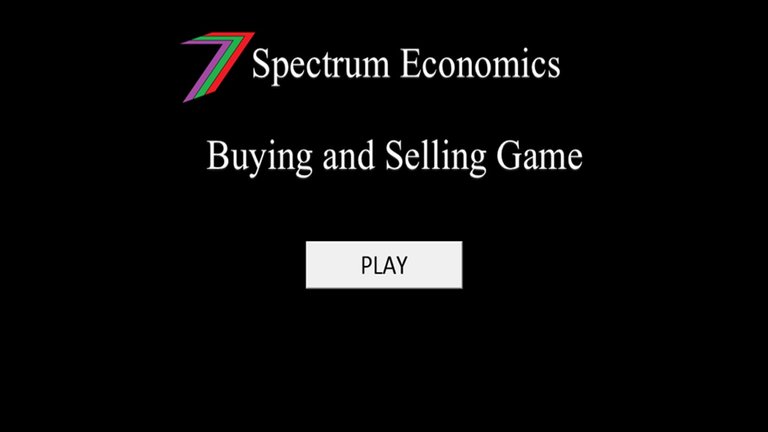
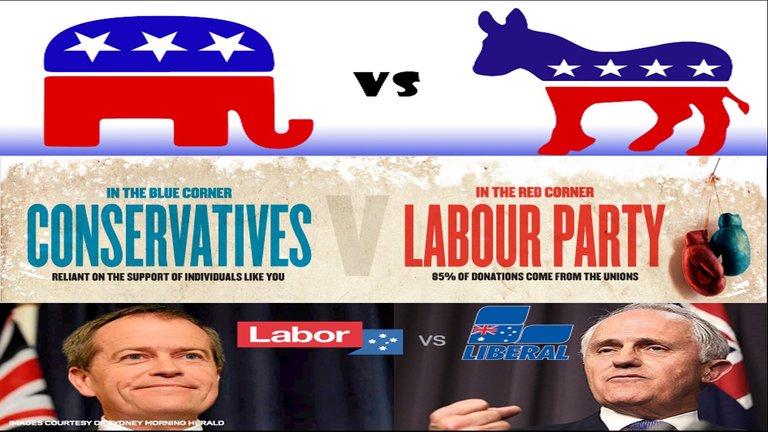
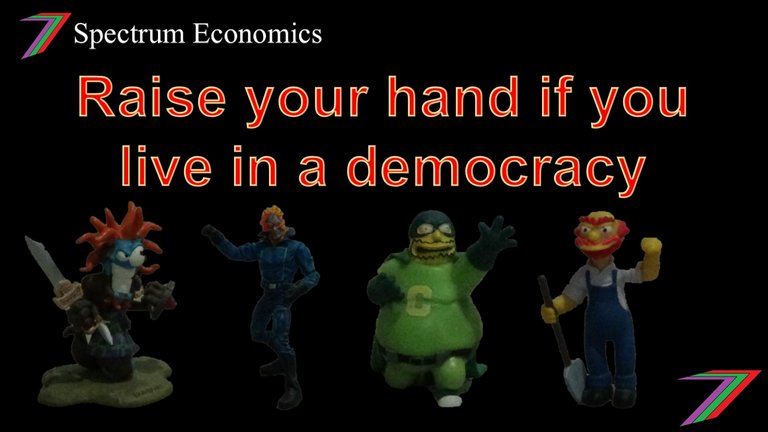
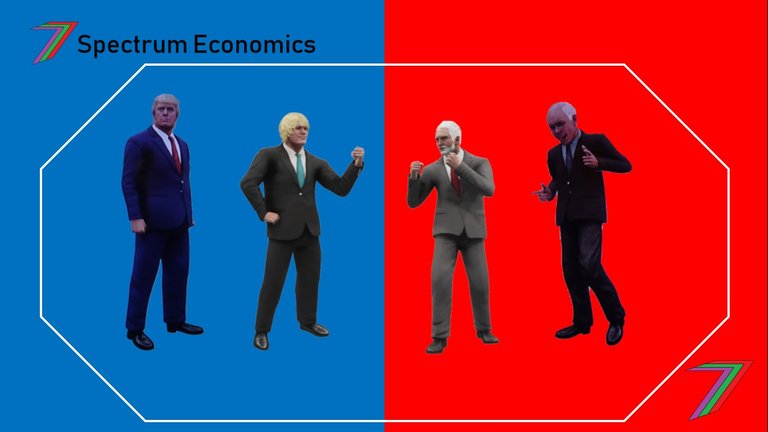
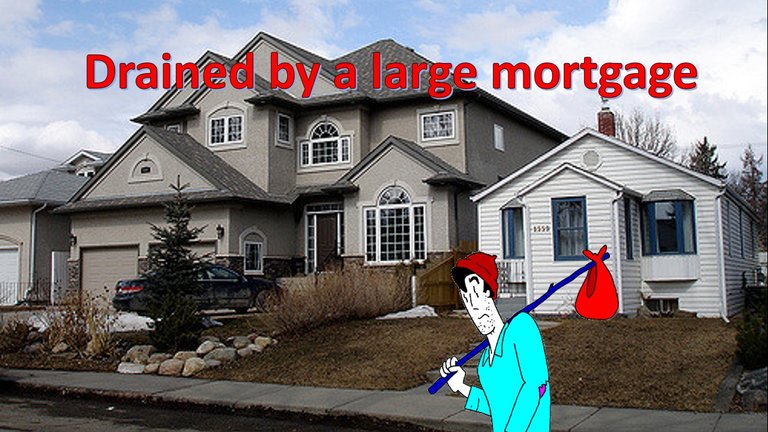
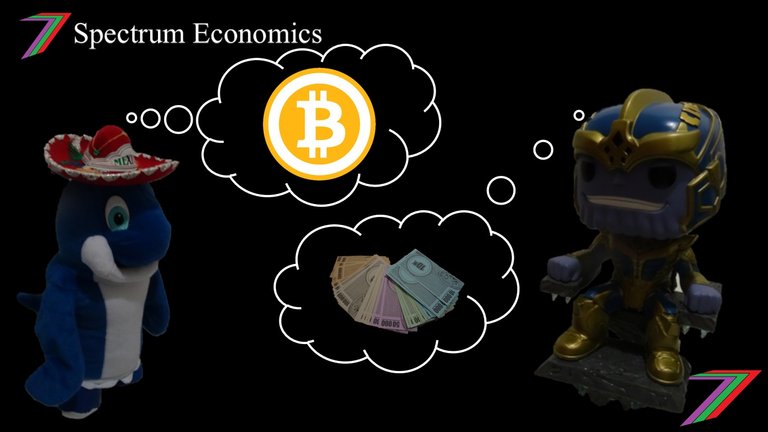
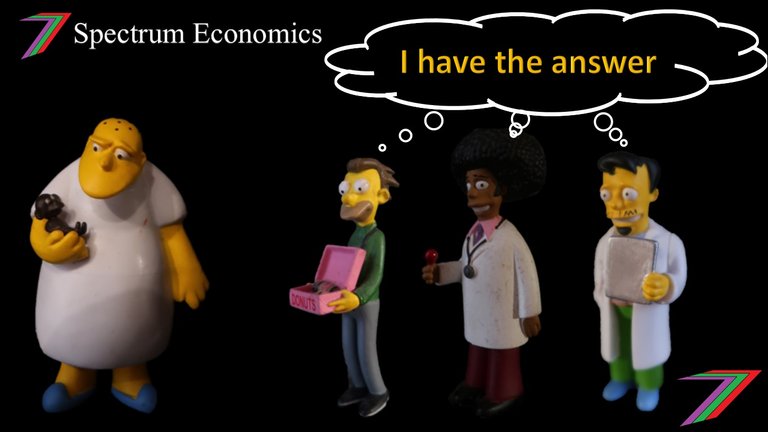
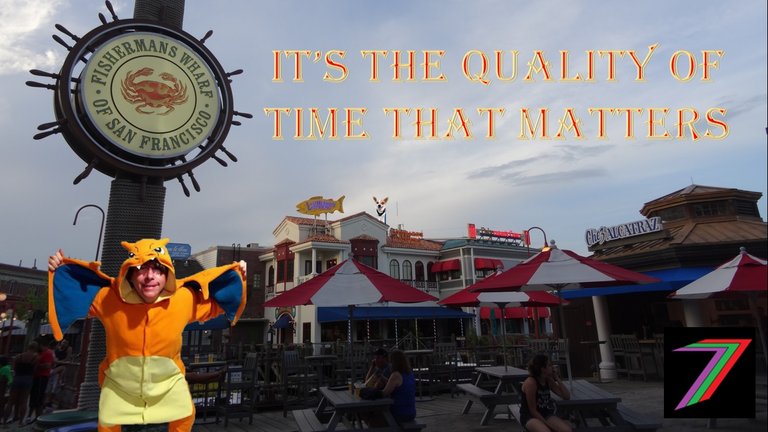
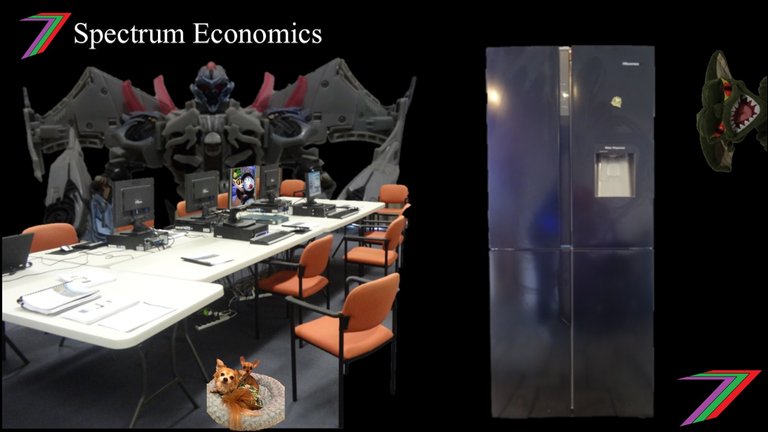
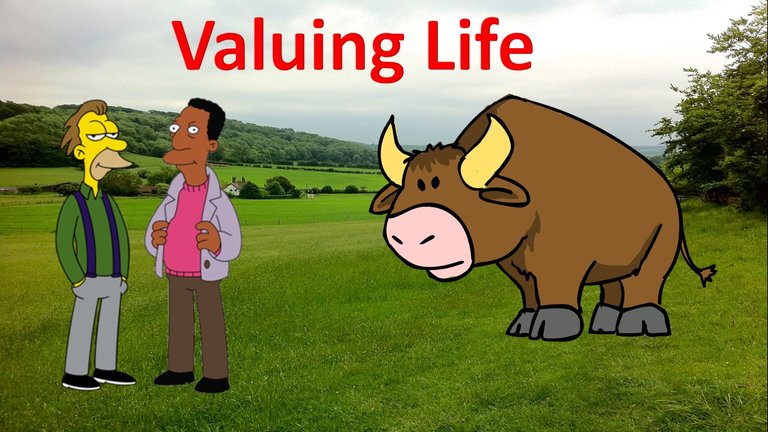
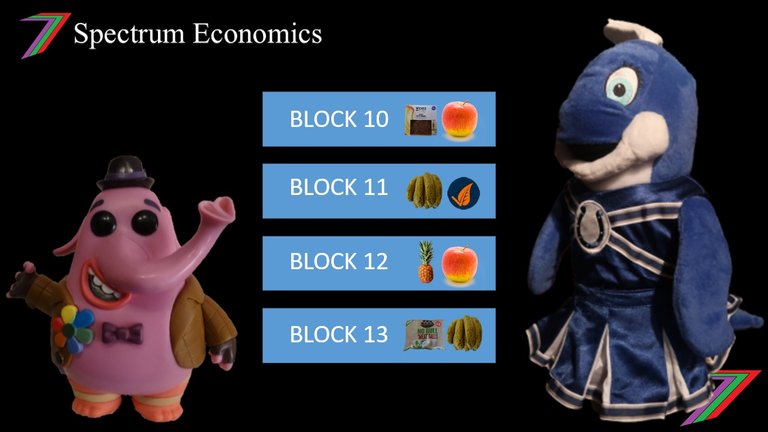
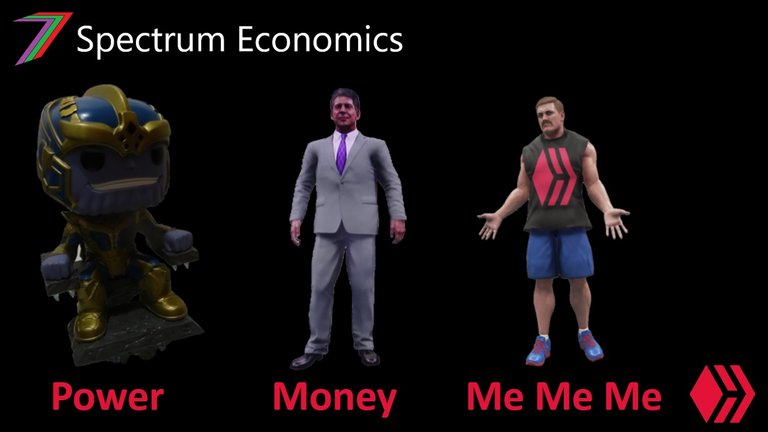
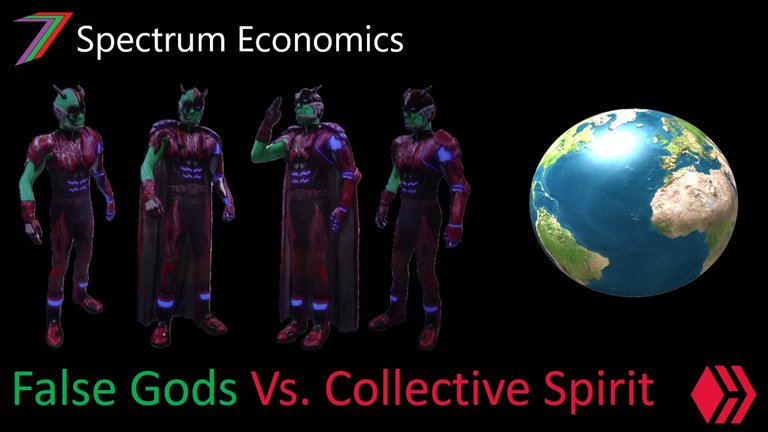
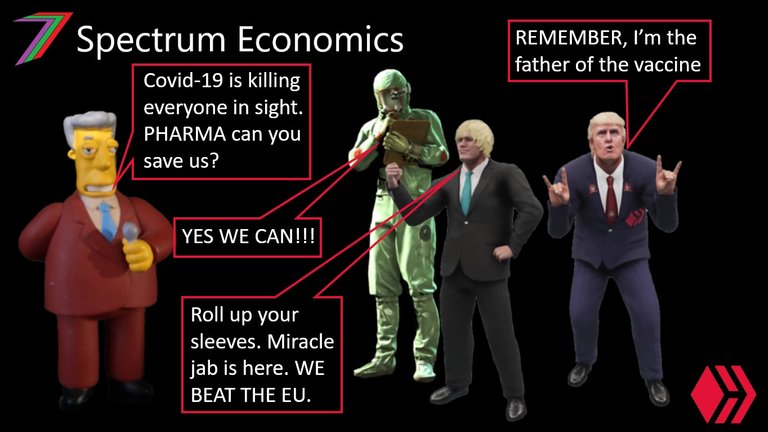
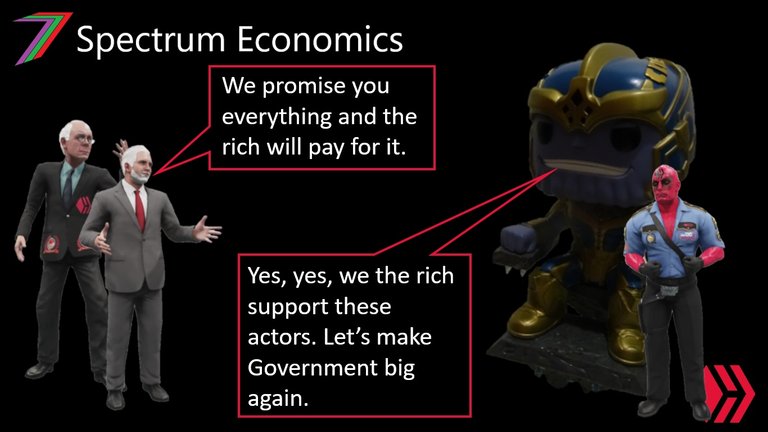

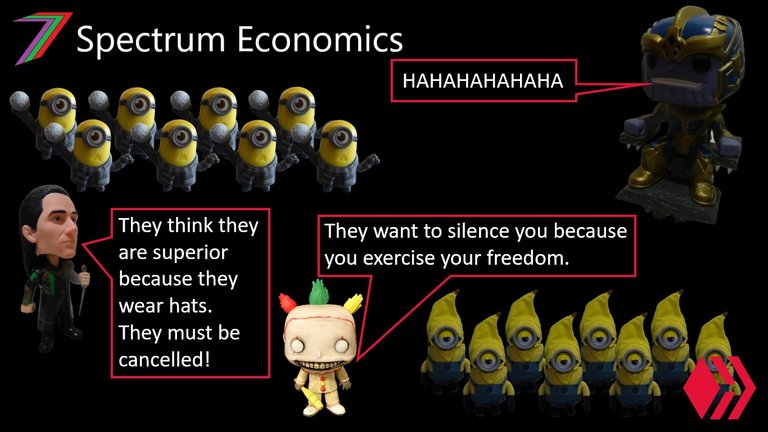
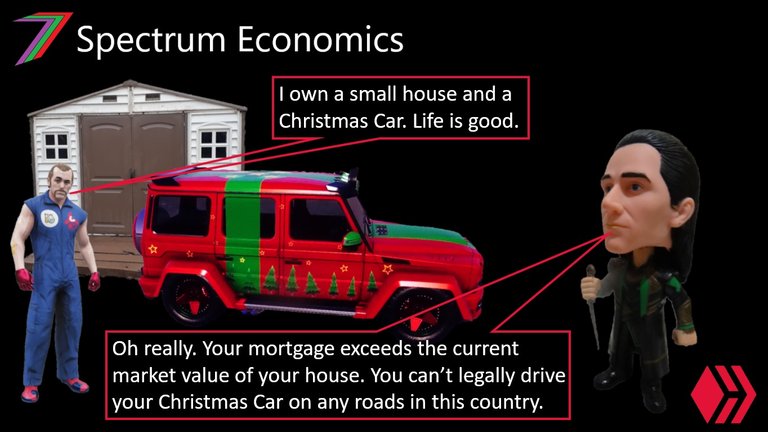
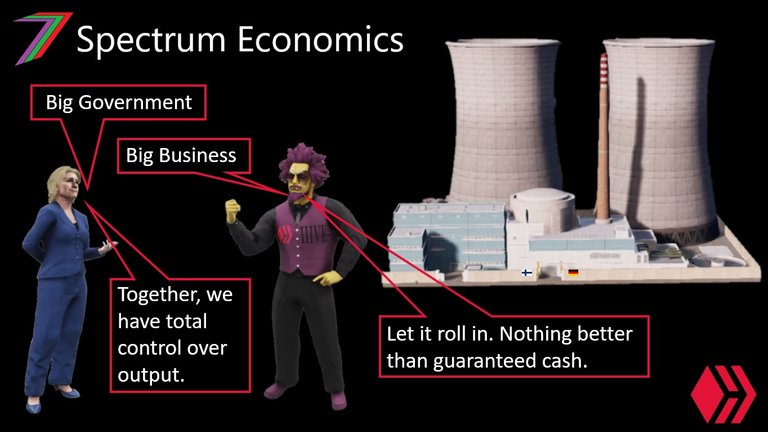
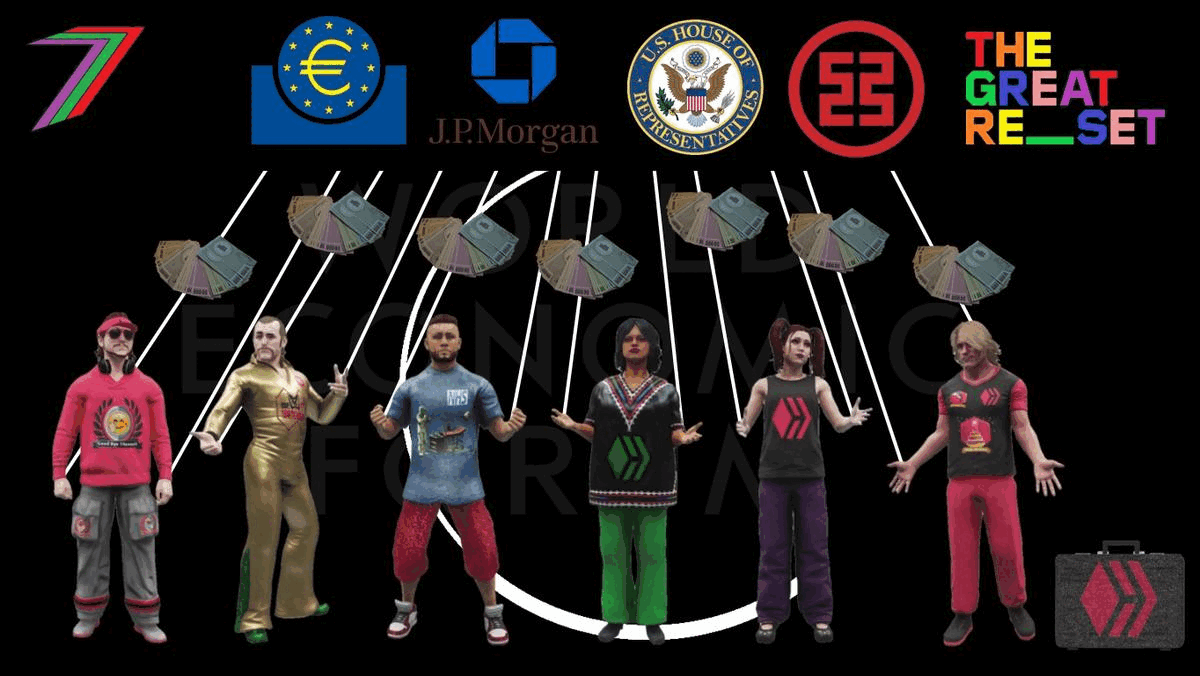
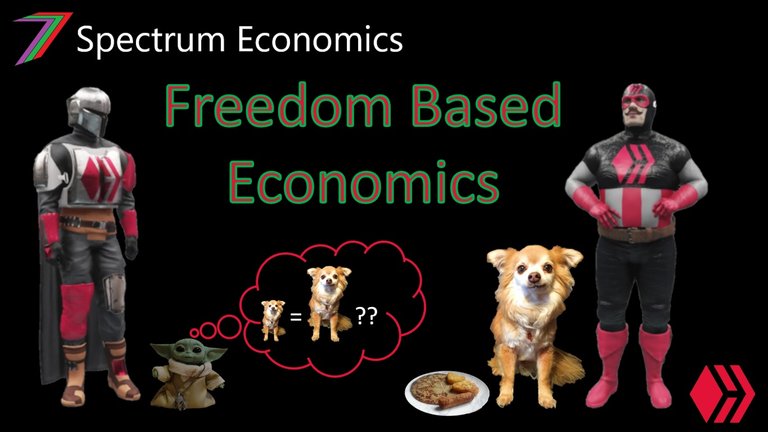




You are inspiration for me ♥️
Thanks, that's nice of you.
I particularly enjoyed reading your Technology and me post as well as those on scarcity. There was this particular one your documented your life in Singapore and Australia, before returning back to England. One way or another, we come to be defined by our Contents, especially on an extraordinary blockchain as hive. 840 post is such a decent figure that spans over 5 years and I'm particularly looking forward to seeing how many more you'll have written before you hit 6 years in June. I'll be hitting 6 in September this year and I must say I'll have to check mine. I've always enjoyed your contest game contents, and the ones you've done lately, quite exciting and testing and I'm sad to never have won any hahaha. Hopefully, many more years to come
@tipu curate.
I have full intentions of being on Hive for a long time. It is the easiest and most rewarding place to post content. Being invested in Hive Power is also a great incentive to keep going.
This post was useful for me as it gave me a chance to look back on some of my older work as well as refresh me on some of my previous thoughts and direction.
I think the post you are referring to is Changing Opinions (Part 2) from just a few months ago. It was my example of how life experiences can influence us.
You're right, being vested in hive power is a huge incentive to keep going. I do hope that one day we can get the other grey areas right
Yeah, that's the post I was referring to, I think it was personal, educative and quite informative as well.
I love the way you write your post because you don't just talk about things you dig deep and it is always very informative and educational, I will find time and go back to read some of your formal posts to tap from your powerful knowledge.
Posted Using LeoFinance Beta
I like to support my opinions with arguments, evidence and plenty of sources. I find a lot of people post about things but do not provide much to back up what they are saying. It doesn't mean they are wrong but their work appears less credible.
The downside to my approach is that my posts become very long. Some of them should have been broken down into more parts to make them easier to digest and more appropriate for people who can't dedicate 30 minutes to one post. I tend to have concerns that the picture becomes incomplete if people only read some of the parts.
A lot to always learn from your amazing post as always which is really nice, informative and educative to gain something from and I appreciate you sharing.
No problem. I am happy to share what I can.
@spectrumecons One interesting read...actually with loads of information to read and understand with details and tech savvy !!! Also loved the flow...! Thanks for sharing such detailed educative information that one can definitely ask for !!! Hive is absolutely one amazing place to be !!!
Cheers ! :)
Amit